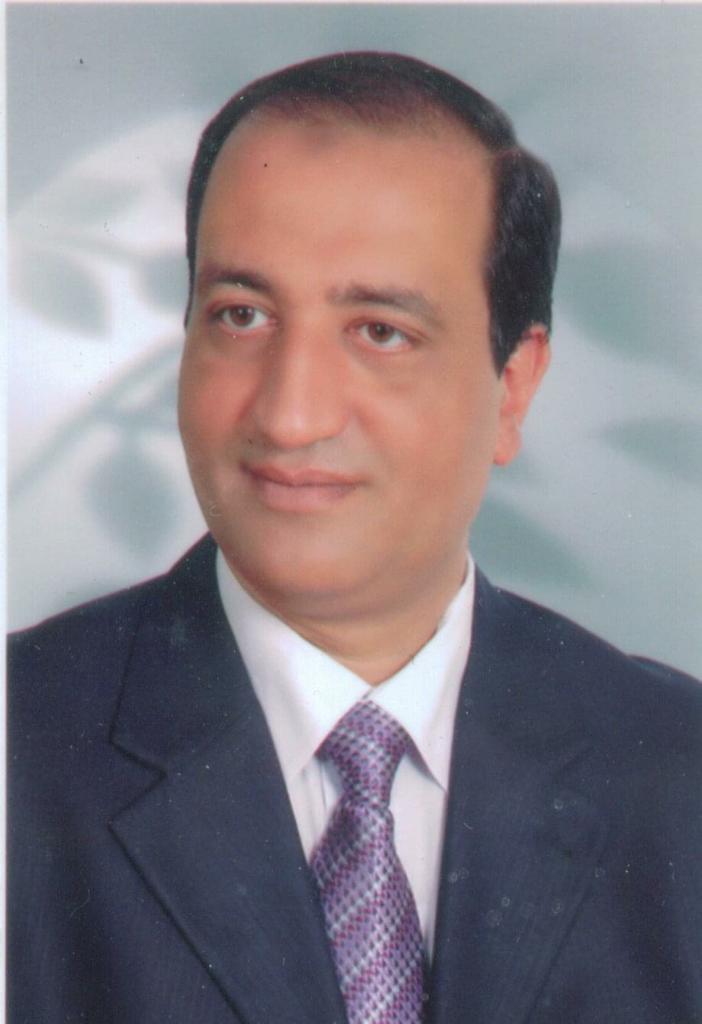The Law Program
About the Program:
The College introduces a Bachelor's program in Law, aiming to prepare distinguished legal graduates equipped with theoretical, scientific, and research knowledge. It also seeks to provide an excellent university education that connects theoretical knowledge with its scientific applications, while addressing contemporary issues in light of legislative developments and emerging issues. This is to fulfil the societal need in the field of Law, in line with the Kingdom's Vision 2030.
The Department Head's Message
The Law Program was established as a crucial academic entity addressing the needs of the local community and contributing to enhancing national competencies across legal, research, and judicial sectors in the Kingdom. Given the recent rapid legislative and judicial developments, including legislative updates covering various financial, economic, and social activities, as well as legal environment regulations leading to the restructuring of courts and judicial institutions, there emerged an urgent need for legal studies. The Law Program aims to fulfill these national needs and keep pace with the latest legislative and judicial developments in the Kingdom. Finally, we invoke the Almighty to grant success to all members of the program, including faculty and administrative staff, in achieving the program's mission and goals and, consequently, realizing the college's strategic objectives.
Program
Mission
Preparing graduates in legal fields, equipped with theoretical knowledge, practical and research skills, and professional competencies to contribute to serving the community.
Objectives
The Objectives of the Program:
- Provide distinguished university education in the field of law according to academic accreditation standards.
- Connect theoretical knowledge with practical applications, addressing contemporary issues.
- Contribute actively to meeting the community's needs in the specialization field.
- Enhance the professional, applied, and research aspects of legal sciences for students.
The Program's Learning Outcomes
| Knowledge and Understanding: By the end of the program, the student should be able to: | |||
|---|---|---|---|
| K1 | Define various legal terms, concepts, and theories. | ||
| K2 | Determine the scope of application of legal rules in different contemporary systems. | ||
| K3 | Discuss different philosophical and legal theories, their application mechanisms, and their implications on statutory systems. | ||
| K4 | Compare between statutory systems and principles of Islamic law. | ||
| Skills: By the end of the program, the student should be able to: | |||
|---|---|---|---|
| S1 | Apply legal and Sharia rules correctly. | ||
| S2 | Interpret various legal aspects. | ||
| S3 | Analyze legal rules in various comparative statutory systems. | ||
| S4 | Apply methodological foundations of scientific research in legal sciences using technological applications. | ||
| Values: By the end of the program, the student should be able to: | |||
|---|---|---|---|
| V1 | Collaborate with peers in performing various activities. | ||
| V2 | Participate in problem-solving with the ability to take responsibility. | ||
| V3 | Adhere to ethical and professional standards. | ||
Admission Requirements
The program accepts students holding a General Secondary Education Certificate in both scientific and literary tracks, according to the college's admission policy. The admission requirements is summarized as follows:
- Must hold a high school or its equivalent from inside or outside the Kingdom.
- Must have good conduct and behavior.
- Must successfully pass any test or personal interview as deemed necessary by the college council.
- Must be medically fit.
- Must meet any other conditions specified by the College council based on the recommendation of academic departments and announced before the application deadline.
Characteristics of Graduates of the Law Program:
By the end of the program, graduates will have the ability to: :
- Mastery of principles, concepts, theories, and trends in the field of law and related areas.
- Utilization of theories and laws in professional and practical practices using various technological means.
- Application of research skills in their specialization field.
- Activation of communication and teamwork skills in providing legal services, consultations, education, and training.
- Assuming professional responsibility in light of Islamic values and work ethics.
- Efficient work in the field of legal sciences such as consulting, lawyering, and public prosecution.
Career Opportunities
Occupations and jobs according to the Civil Service classification include:
Legal Consultants, System Investigators, Case Researchers, Supervisory Positions in Passport Services, Labor Council Members, Legal Advisors, Administrative Monitors, Lawyers, Researchers and Specialists in Regional Affairs, Administrative Investigators, Passport Auditors and Specialists, Labor Inspectors, Secretaries of Judicial Departments, Trade Monitors, Prosecutors, Researchers and Specialists in Municipal and Electoral Councils, Classifiers and Classification Specialists, Supervisory Positions in Civil Status Affairs, Labor Investigators, Auditors and Specialists in Civil Status Procedures, Researchers and Specialists in Systems, Legal Investigators, Administrative Inspectors.
Performance Indicators
Introductory Video



